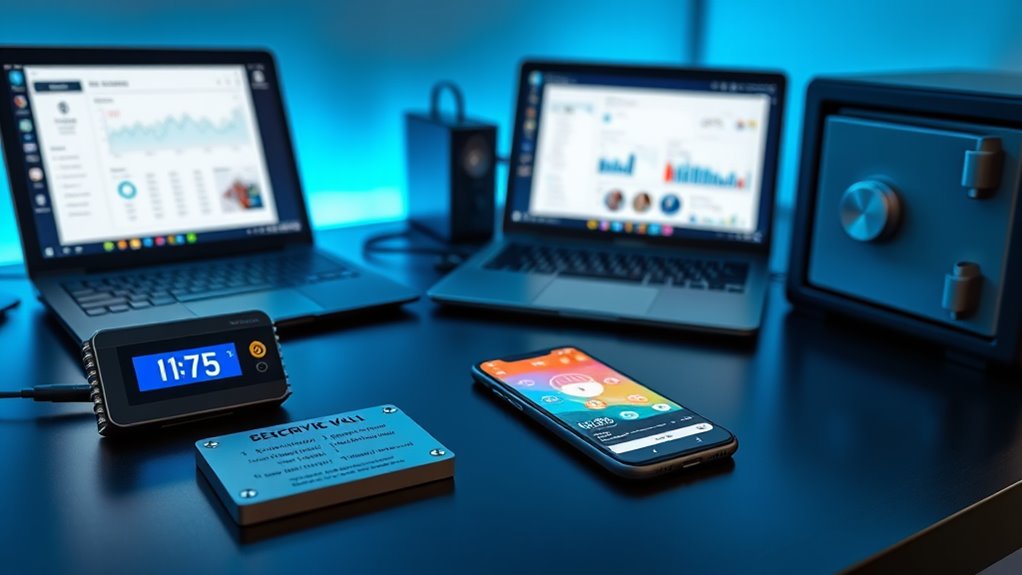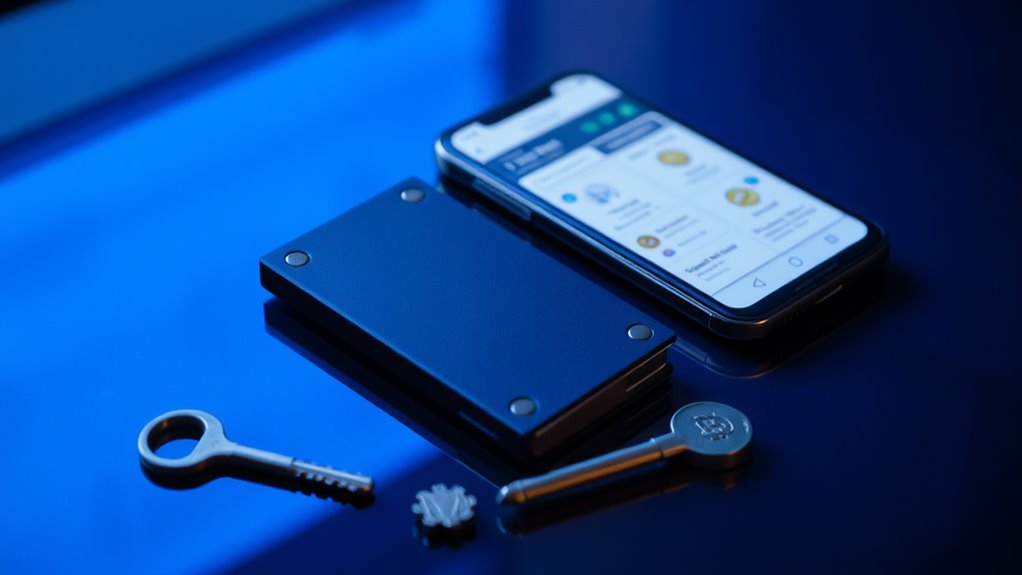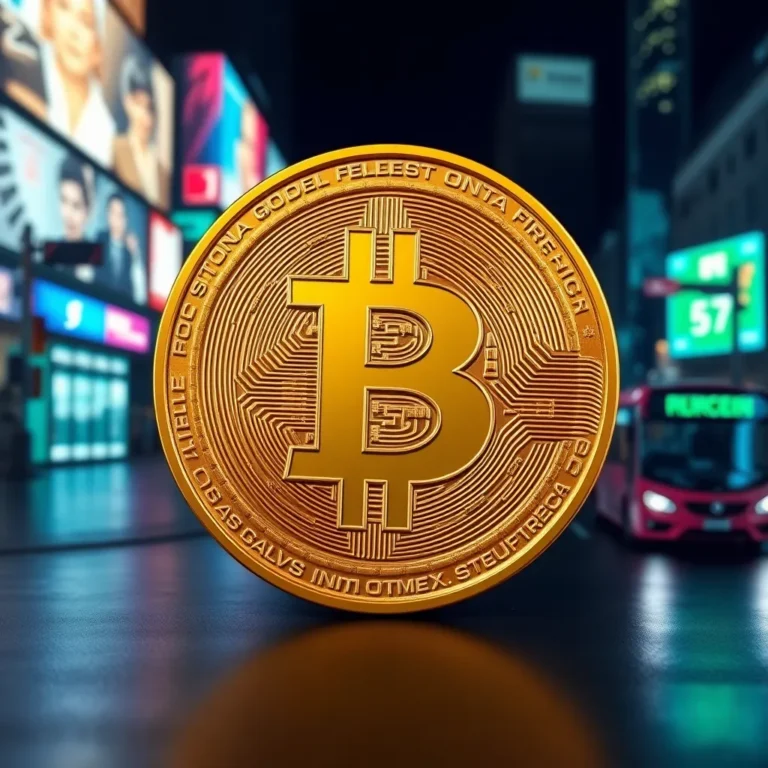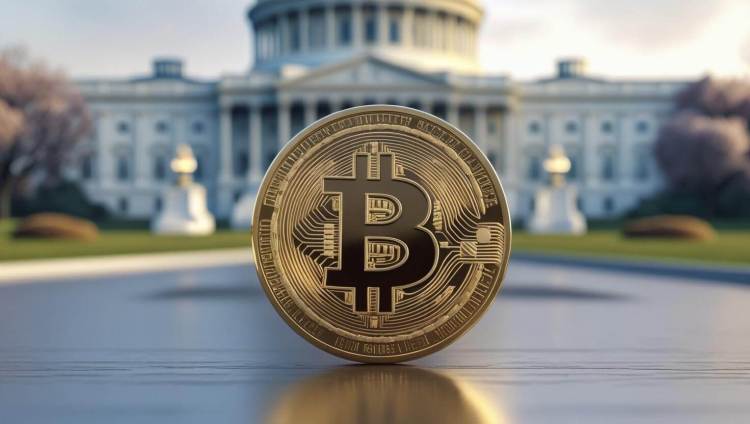Choosing a Good Crypto Wallet
Note: This post may contain affiliate links, and we may earn a commission (with No additional cost for you) if you make a purchase via our link. See our disclosure for more info. The crypto world is constantly changing. This content is for informational purposes only and not financial, legal, or professional advice So, please verify the info on the cryptocurrency provider’s websites.
Choosing a good crypto wallet isn't rocket science, but it's not a walk in the park either. You have custodial or non-custodial options, hot wallets for quick access, and cold wallets for that sweet long-term security. Just remember, if your keys go missing in a non-custodial wallet, say goodbye to your assets. Fees matter, too. So, factor everything in, and don't be naive! Want the nitty-gritty on picking the perfect crypto wallet? Keep going!

Choosing a crypto wallet—why does it feel like a trip to the dentist? It's a necessary evil. Wallets come in all shapes and sizes, and figuring out which one to pick can be a headache.
First up, custodial vs. non-custodial wallets. Custodial wallets, like Coinbase, are run by a third party. Convenient, right? But if the provider flops, so does your crypto. Then there's the non-custodial option. You get full control. The catch? If you lose your keys, you're toast.
Custodial wallets offer convenience, but risk your crypto if the provider fails. Non-custodial means control, but lose your keys, lose it all.
Next, take into account hot vs. cold wallets. Hot wallets are your go-to for day-to-day transactions. They're connected to the internet. Easy access, but they're like leaving your front door wide open. Cold wallets, on the other hand, are offline. Think hardware or paper wallets. Great for security, but try buying a coffee with one of those. Good luck! Cold wallets are optimal for long-term storage and security. Always ensure that your chosen wallet is compatible with various devices and operating systems to ensure functionality.
Software wallets come in various flavors—desktop or mobile. They're user-friendly and quick, but they might be more vulnerable to hacks. Meanwhile, hardware wallets are like the Fort Knox of crypto storage. They're physical devices, and while they cost a bit, your crypto might just thank you later.
Paper wallets? Yep, those exist. You write down your keys on paper. Sure, it's simple, but it also means if you spill coffee on it, you're in deep trouble. An intuitive user interface is essential for managing your assets efficiently and avoiding costly mistakes.
Now, let's not forget the key factors to take into account. Security is paramount. If it ain't secure, don't bother. Cost matters, too. Who wants to pay high fees? Accessibility and compatibility should also be on your radar.
Finally, user experience can make or break your wallet choice. A clunky interface? No thanks. Backup options? Essential.
In the end, choosing a crypto wallet is like dental work—painful, but necessary. Pick wisely!
Frequently Asked Questions
What Are the Different Types of Crypto Wallets Available?
Crypto wallets come in various flavors, each with its quirks.
Hardware wallets are like Fort Knox—super secure but not exactly pocket-friendly.
Software wallets, on the other hand, include desktop and mobile options, mixing hot and cold storage like a confusing buffet.
Paper wallets? Old school. They're like the dinosaur of storage—useful but fragile.
And then there's the custodial vs. non-custodial debate, which feels like picking sides in a very boring war.
How Do I Ensure My Crypto Wallet Is Secure?
To guarantee a crypto wallet is secure, one must embrace a fortress mentality.
Regular security audits? Yes, please. Open-source code is a must for transparency.
And don't forget about strong passwords—because "password123" is so last decade. Multi-factor authentication? A lifesaver.
Keep private keys in hardware wallets, away from prying eyes.
And for the love of all things digital, don't click on random links. Phishing is not a fun game. Stay sharp!
Can I Use Multiple Wallets for Different Cryptocurrencies?
Absolutely, using multiple wallets for different cryptocurrencies is not just possible; it's actually a smart move.
Think about it. You wouldn't keep all your cash in one piggy bank, right? Different wallets can help manage risk.
You can stash long-term investments in a secure hardware wallet and keep a hot wallet for daily spending.
It's like having a savings account and a checking account, just with more digital drama.
Keep it diverse, keep it safe.
What Happens if I Lose Access to My Wallet?
Losing access to a crypto wallet? It's a nightmare.
Think permanent fund loss—goodbye hard-earned assets. No key, no cash.
Missed out on selling during a price spike? Ouch. Locked assets can lead to financial chaos or bankruptcy.
And let's not forget the reputation hit for institutions. Imagine being locked out and leaving your heirs in the lurch.
Forgetting passwords or losing those precious seed phrases? Classic rookie move.
It's brutal out there.
Are There Any Fees Associated With Using Crypto Wallets?
Yes, fees are a reality in the crypto world.
Network fees? Oh, they're a must; they go straight to miners or validators.
Wallets? Software ones are free, but hardware wallets? They'll cost you upfront.
Trading fees from exchanges? Don't even get started—0.1% is just the beginning.
And let's not forget those sneaky withdrawal fees.
It's a wild ride, full of costs lurking around every corner. Buckle up!










